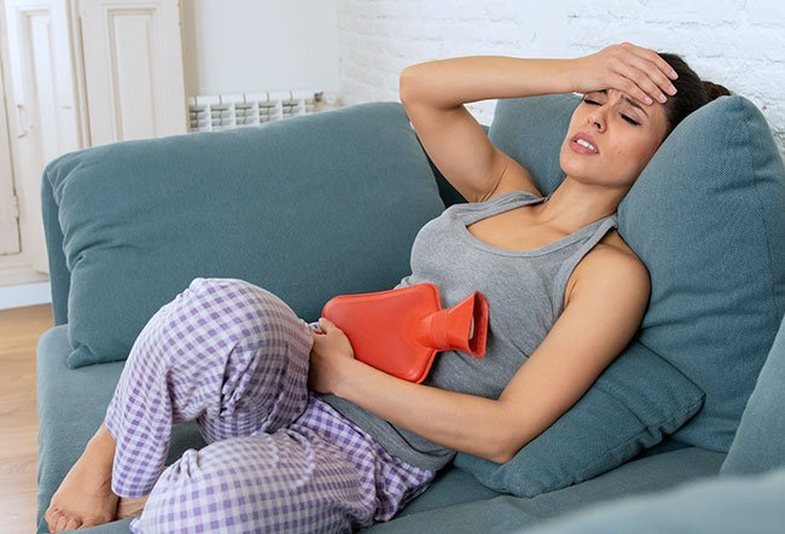
It is not very pleasant, but it is normal to have diarrhea before and during periods. The same hormonal changes that cause your uterus to contract can also affect the gastrointestinal tract. Although there is usually nothing to worry about, there are some steps you can take to prevent and reduce period diarrhea (and pain).
Why it happens
Experts do not know exactly why some people have diarrhea during periods and others do not. Most believe it is closely linked to an increase in hormones called prostaglandins, which are released before the cycle.
Prostaglandins cause contractions and sometimes cause contractions in the intestines, which can be accompanied by a variety of symptoms, including diarrhea. They also reduce the rate of food absorption in the gut, which makes food pass through the colon faster. Prostaglandins can also increase electrolyte secretions, which can lead to diarrhea.
A 2014 study involving 156 women found that abdominal pain and diarrhea were the most common symptoms associated with the menstrual cycle. Women with feelings of depression and anxiety reported higher levels of symptoms.
What to do?
First, make sure you are drinking plenty of fluids to combat fluid loss from diarrhea. As a general rule, you have drunk enough fluids when your urine is pale yellow.
In addition, avoid foods that make diarrhea worse :
- artificial sweeteners
- caffeine
- dairy
- spicy
foods - high sugar foods
In rare cases, you may find that you need to take over-the-counter diarrhea medication such as loperamide. You can also try taking a pain reliever, such as ibuprofen.
Other important tips:
Take 10 minutes to meditate. This can help you focus your mind day or night. If you're not sure where to start, try using a meditation app.
Set a clock at night where you just turn everything off. Stay away from phone, TV and any blue light. This will calm your mind and reduce your stress.
Move. Exercise helps relieve stress, even if it is only a 15-minute walk.
When should you see a doctor? At a time when the pain is unbearable and diarrhea, along with other symptoms, is preventing you from doing normal activities, a visit to the doctor is advisable. However, even if you do not have major pain, you can consult a doctor anyway, to be sure of your health!
Source: Health Line





